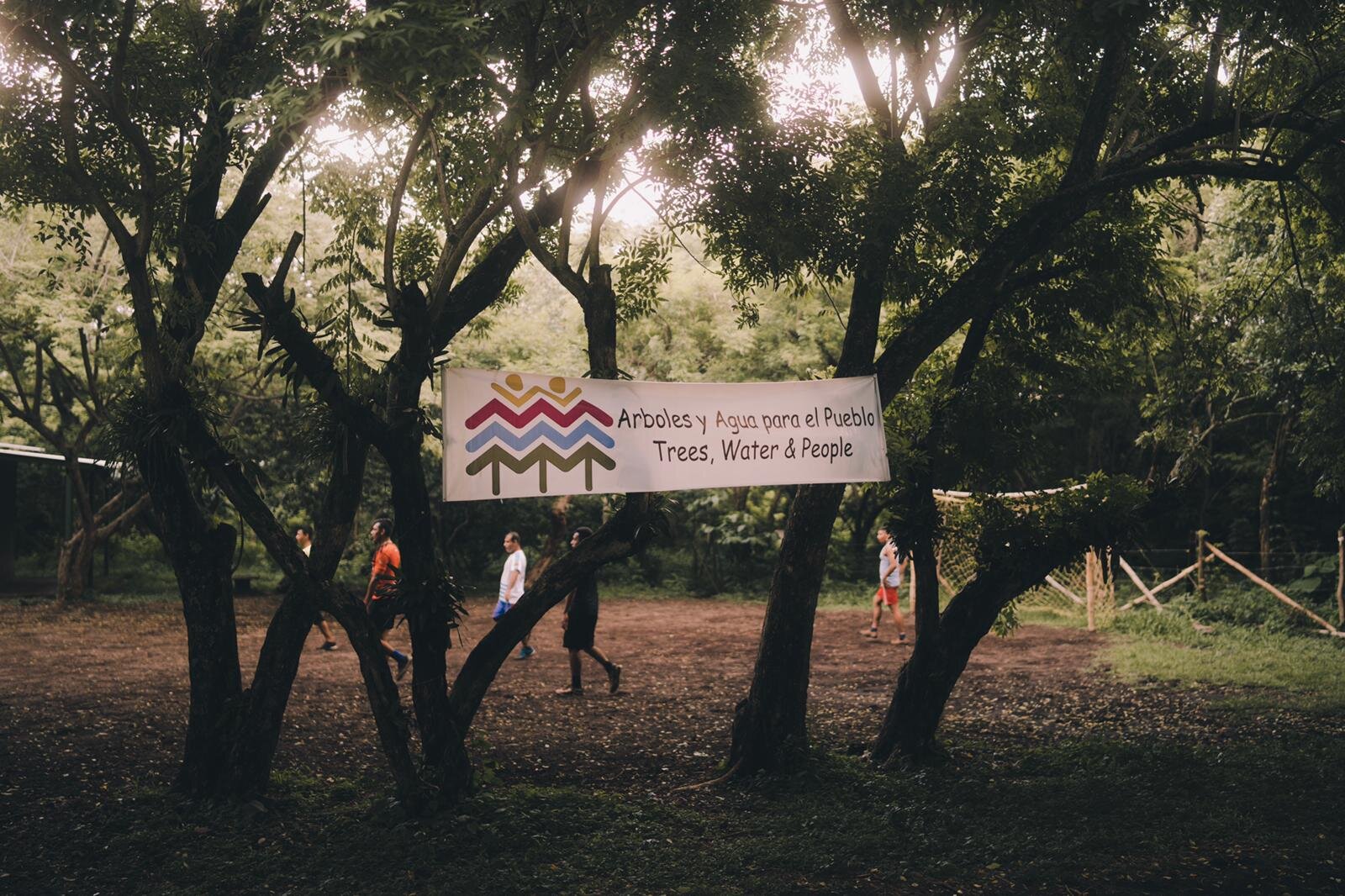
EL SALVADOR
Steep, seismic and lush, El Salvador is a unique treasure in the region. Like their neighbors, Salvadorans have endured a tumultuous past that has eroded human rights and environmental protections, and destabilized the government. Since 2001, TWP has partnered with Árboles y Agua para el Pueblo (AAP) to address the root causes of poverty and environmental degradation in the region, in order to slow climate-forced migration of thousands each year. Lack of economic opportunity, locally-driven markets, gender inequity, and a changing climate all threaten rural livelihoods in El Salvador.
That is why TWP and AAP have partnered for two decades to meet people where they are at, by investing in the capacity of rural communities to take charge of their own development and conservation initiatives. By leveraging the expertise of our local partners’ and frontline communities in El Salvador, we collaboratively lead and finance projects that create jobs, protect and restore natural resources, and improve community health and resilience.
Together, we have developed a grassroots-led conservation program in El Salvador!
How we achieve locally-driven solutions:
Community-based and locally managed tree nurseries which house 40,000 native and fruit trees per year, planted by community members on degraded lands.
Collaborative conservation partnerships including multi-year agreements between TWP, AAP, and FIAES that have scaled our protected-area management work within the Apaneca-Ilamatepec Biosphere Reserve.
Manufacture and installation of appropriate technologies—locally-designed and tested to improve sanitation, health & well-being of Salvadoran families. Annually, we install over 1,000 Justa clean cookstoves, dry-composting latrines, and rainwater catchment systems and train local builders so that our impact is scaled.
Long-term relationships focused on involving community members in protected area management, and eco-technology adoption.
Holistic programs that improve food security by establishing family gardens, agroforestry systems, and responding to emergency needs during COVID-19.

